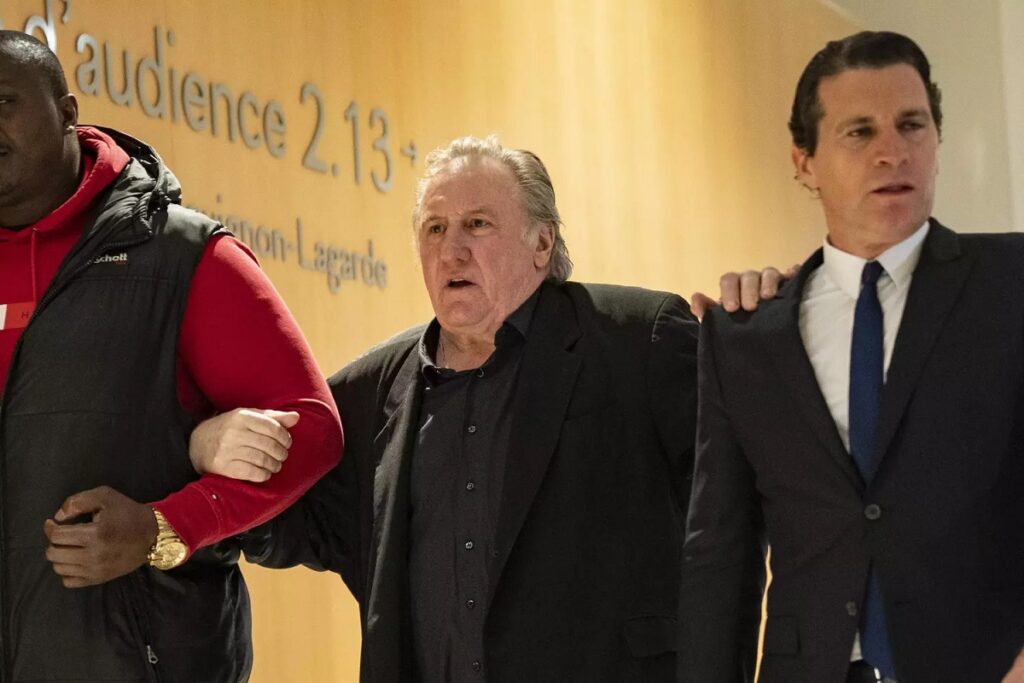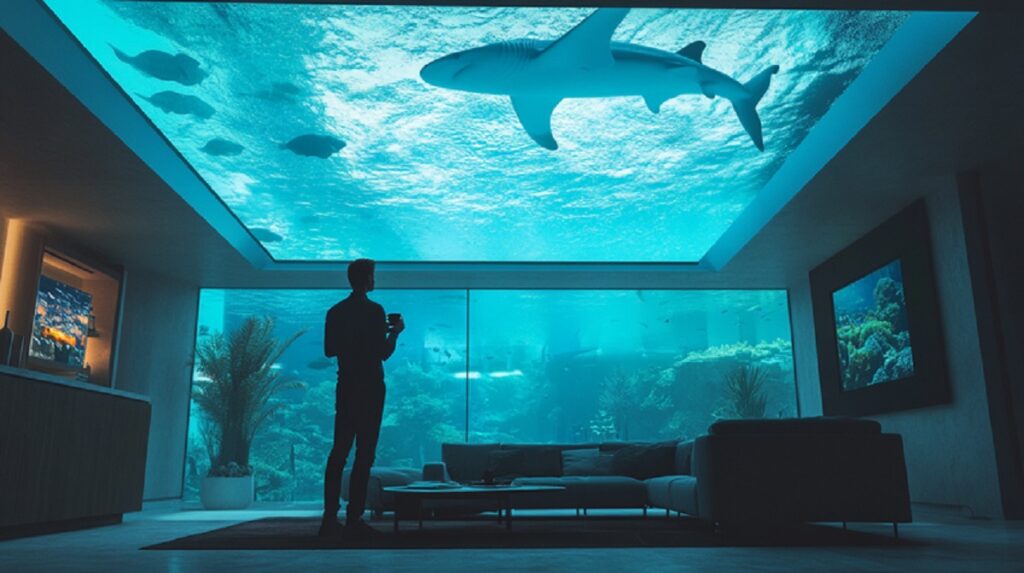The trial of French actor Gérard Depardieu, facing serious accusations of sexual assault, has captured widespread attention and is shaping up to be a complicated legal battle. With the proceedings unfolding under unique circumstances, the trial is generating heightened intrigue.
What Has Unfolded So Far?
The legal process for Gérard Depardieu commenced in late March, featuring testimonies from both defense and prosecution. Two women have stepped forward with claims against the actor: one is a third assistant director, Sarah, while the other, a set designer named Amélie, alleges that they were sexually assaulted by Depardieu during the filming of the 2021 movie Les Volets verts. Both women recount instances of inappropriate touching and vulgar comments.
Despite the gravity of the charges, Depardieu has strongly denied any misconduct, asserting that he’s neither a harasser nor a rapist, suggesting that the allegations arose from misunderstandings. He claims that any contact with one of the accusers was accidental, and he describes his crude language as a consequence of generational differences—insinuating that while his actions might be seen as outdated, they do not constitute a crime.
The prosecution has proposed an 18-month prison sentence alongside a three-year probation period and a €20,000 fine for the actor. The court is expected to issue its final verdict on May 13, 2025.
Courtroom Tensions and Drama
The trial has seen its fair share of turmoil, with palpable tension between the opposing sides, resulting in emotional eruptions from both the defense and the plaintiffs. At one point, Amélie expressed her distress by abruptly leaving the courtroom.
Defense attorney Me Jérémie Assous has forcefully challenged the accusations, characterising the testimonies of the accusers as “false” and dismissing the case as manufactured. In a particularly charged moment, he mocked the tone of one of the opposing lawyers, escalating courtroom tensions that prompted multiple warnings from the judge for order to be maintained.
The Importance of Psychological Care
As part of the prosecution’s sentencing recommendation, Depardieu may be mandated to engage in psychological counseling, in line with the Guigou law introduced in 1998, which necessitates such treatment for those convicted of sexual offenses. The intention behind these sessions is to address the underlying causes of the offender’s behavior, often rooted in past trauma or denial, while equipping them with the ability to empathise with their victims.
This proposed inclusion of psychological care illustrates the seriousness of the allegations and highlights the necessity of tackling these issues from a holistic rather than solely punitive perspective.
What Lies Ahead?
As the trial progresses over the coming weeks, Depardieu continues to assert his innocence while the prosecution seeks a just yet firm sentence. It’s crucial to understand that regardless of the verdict, Depardieu might remain free, as suspended sentences are under consideration.
Furthermore, should a guilty verdict be reached, the actor may be liable for compensating the victims, along with paying a fine due to his actions.
Implications of the Trial
This high-profile case not only highlights a significant figure in French cinema but also fuels broader discussions about sexual harassment in both the entertainment industry and society as a whole. With vocal supporters on both sides—friends and colleagues testifying in favor of Depardieu, while others align with the accusers—this trial underscores the multifaceted nature of such cases and the critical need for a fair and impartial legal process.
As we await the trial’s outcome in May 2025, many are engaging in a broader conversation about accountability, power dynamics, and the lasting impacts these allegations hold in the public eye. One thing remains clear: Gérard Depardieu’s legal saga is far from over, and the eventual ruling may reverberate throughout the entertainment industry and beyond.







